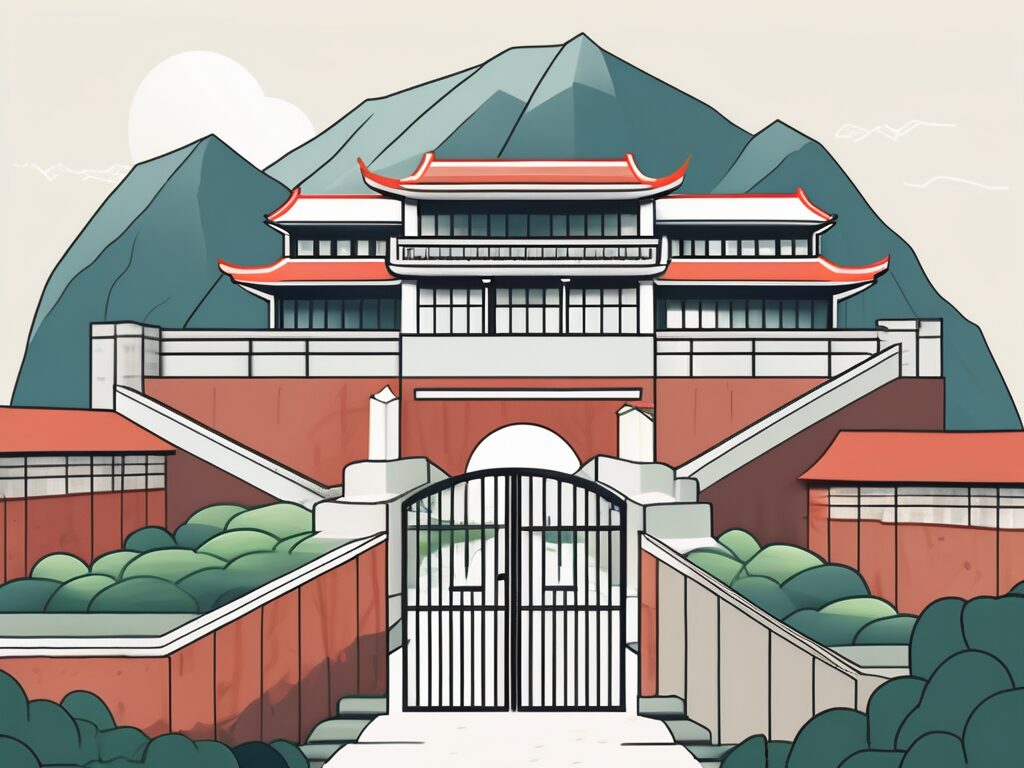Top 5 Education Barriers in Taiwan to Address by 2025
Education serves as a fundamental pillar for societal advancement, and Taiwan is no exception. However, the nation encounters distinct challenges that impede the delivery of quality education to all its citizens. This guide examines the primary barriers to education in Taiwan, focusing on socio-economic, cultural, and systemic issues that require urgent attention and strategic intervention.
Socio-Economic Barriers
The socio-economic background of a family significantly influences a child’s educational opportunities. In Taiwan, children from economically disadvantaged families frequently encounter various obstacles in their educational journey.
- Financial Constraints: Although public education is provided at no cost, ancillary expenses such as textbooks, uniforms, and extracurricular activities can accumulate, creating a financial burden for low-income families.
- Work Obligations: Many children from low-income households are compelled to engage in part-time work to support their families, which detracts from their academic focus and study time.
The Urban-Rural Divide
The disparity between urban and rural educational resources exacerbates socio-economic barriers. Schools in rural regions often lack the facilities and resources available in urban institutions, leading to unequal educational opportunities.
- Resource Allocation: Rural schools frequently struggle with inadequate funding and resources, impacting the quality of education.
- Teacher Shortages: A preference for urban teaching positions results in a significant shortage of qualified educators in rural areas, further hindering educational progress.
Cultural Barriers
Cultural dynamics also present substantial barriers to education in Taiwan. The societal emphasis on academic achievement creates immense pressure on students, leading to stress and mental health challenges.
- Academic Pressure: The intense focus on examination performance can result in burnout and a diminished passion for learning.
- Conformity Expectations: Cultural norms that discourage questioning authority can stifle independent thought and creativity among students.
Gender Considerations
Despite notable advancements in gender equality within the educational sector, subtle biases persist that can adversely affect girls’ educational experiences.
- Societal Expectations: Cultural norms often prioritize girls’ appearance and behavior over their academic pursuits.
- STEM Participation: Stereotypes surrounding gender roles can deter girls from engaging in STEM subjects, a challenge that resonates globally.
Systemic Barriers
Systemic barriers encompass institutional policies that obstruct educational advancement. In Taiwan, the high-stakes examination system is a prominent systemic challenge.
- High-Pressure Exams: The College Entrance Examination imposes significant stress on students, akin to the A-Level system in the UK, which also influences university admissions.
- Rigid Curriculum: The inflexible nature of the curriculum fails to accommodate diverse learning needs, particularly for students with learning difficulties.
Language Barriers
The primary medium of instruction in Taiwanese schools is Mandarin Chinese, which can create challenges for students from indigenous or immigrant backgrounds who may not be proficient in the language.
- Language Proficiency: Limited support for students with inadequate Mandarin skills can hinder their academic progress.
- Global Context: This issue mirrors challenges faced by non-native English speakers in countries such as the UK and the US.
In summary, the barriers to education in Taiwan are complex and multifaceted, encompassing socio-economic, cultural, and systemic dimensions. Addressing these challenges necessitates a comprehensive approach that considers the diverse needs of students. As Taiwan aims for educational equity by 2025, it is imperative to recognize and actively work towards dismantling these barriers.
Enhance Your Educational Impact with IPGCE
Understanding the barriers to education is merely the first step; effecting change is where true progress lies. For educators seeking to elevate their qualifications and navigate the complexities of the global education landscape, the International Postgraduate Certificate in Education (iPGCE) offers a pathway to success. Designed to enhance professional development, the iPGCE connects educators with a vast network and significantly improves career prospects. With a 50% increase in interview callbacks and a 45% rise in promotion rates for iPGCE holders, the route to educational excellence is clear. Do not allow insufficient credentials or isolation to limit your potential. Enroll in the UK’s leading Teacher Training Course today and take a decisive step towards shaping the future of education in Taiwan and beyond.

